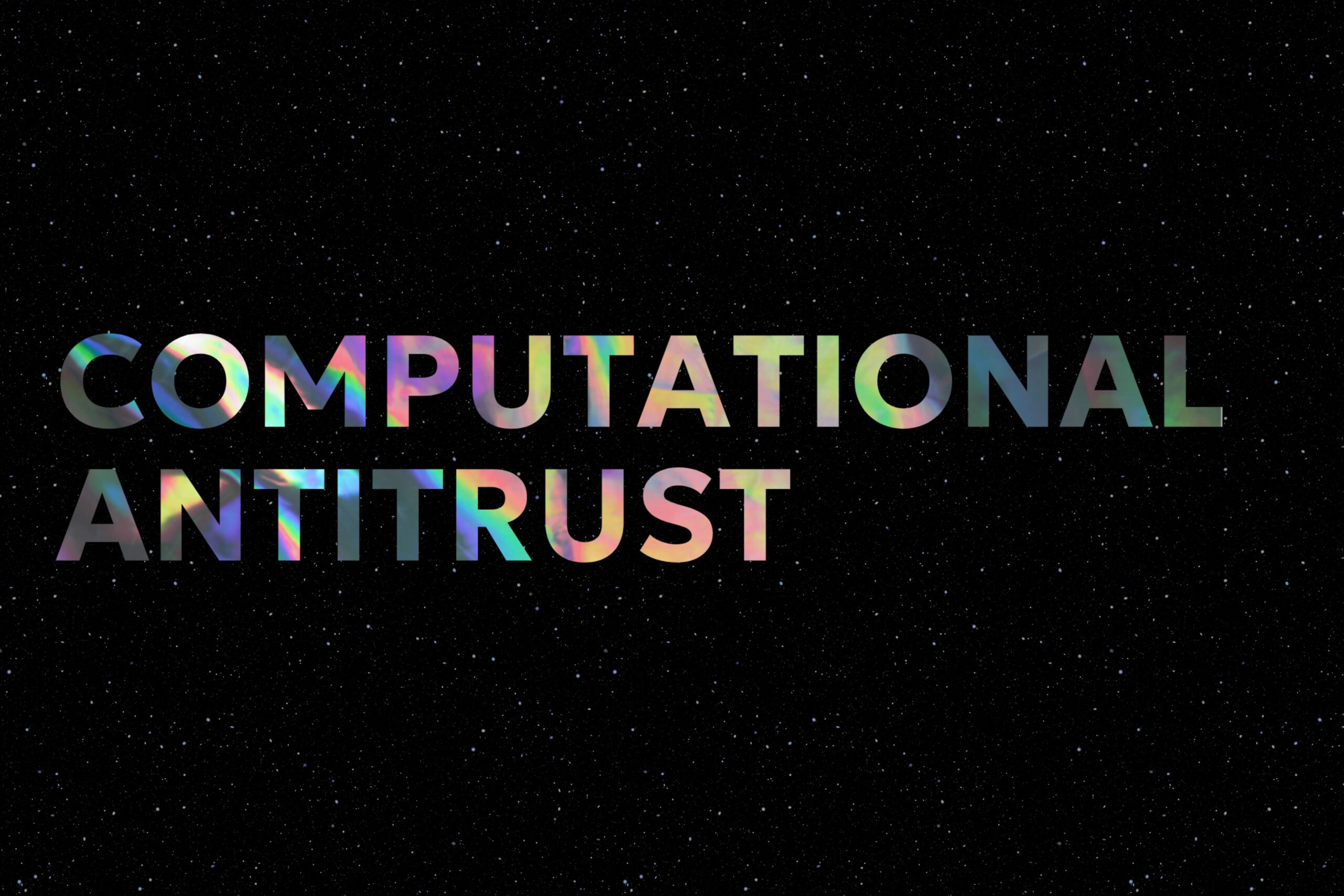Welcome to Crane’s Cartel, a trimonthly series where University of Michigan law professor Daniel Crane engages in hard-core mind-fixing.
****
For those observing American politics from abroad, the headline from the 2022 midterm elections was that the predicted “red wave” did not happen. The Republicans narrowly retook the House of Representatives but failed to re-take the Senate (where, pending a run-off election in Georgia, their numbers may actually shrink by one). Given that politics is pretty much a national pastime, 2022 is already old news, with everyone now focused on 2024.
What, if anything, does this mean for antitrust policy? There has been a fair amount of chatter about the implications of the House flipping from Democratic to Republican control for the various antitrust bills pending in Congress. TechTarget reported that the Biden Administration may attempt to push one or more antitrust reform bills during the lame-duck session, and, over at Brookings, Bill Baer similarly wondered whether Senator Klobuchar (D-MN) and Representative Cicilline (D-RI) might “rebuild their bipartisan coalition in the next few weeks, with the help of an emboldened President Biden” and squeak through their antitrust reform bills before the year’s end. In my view, jamming through significant reform legislation during a lame-duck session would be politically fraught, and is unlikely to materialize. Washington’s political winds blow this way and that way, and the latest antitrust thing seems to be holding Live Nation accountable for the Taylor Swift ticket debacle—our greatest national crisis since Watergate.
Although I remain skeptical that sweeping antitrust reform legislation will pass Congress in the next couple of years, I also remain doubtful that anything that does happen in Congress will have a significant long-run effect on antitrust policy. As I have previously written, the pattern for the last 130 years has been that Congress passes broad antitrust statutes that the courts invariably write down through a “common law” process that results in a much less business-hostile set of liability rules than Congress passed. One can reasonably debate the democratic legitimacy of our de facto system, but that is the clear pattern. I see no reason to think that it will end up any different this time.
This does not mean that the American antitrust system does not change. On the contrary, it has lived a number of quite different lives. Rather than through legislative action, the system generally evolves through a combination of changing enforcement priorities and perspectives at the federal antitrust agencies and, particularly, evolving ideological and economic commitments by our federal judges, including the Justices of the Supreme Court.
For those impatient for faster change than flipping a federal bench protected by life tenure, a word of hope: when we say that judges make the decisions, we should keep in mind the significant influence of their law clerks. Most federal judges, including Supreme Court Justices, have a relatively little antitrust background or interest in antitrust questions. A law clerk with strong views and learning in antitrust can stamp an imprint on the law. Richard Posner has claimed that, not only did he author the Philadelphia National Bank decision as a law clerk to Justice Brennan in 1963, but that Brennan had nothing to do with the opinion! Most law clerks are not Richard Posner, and most judges presumably have something to do with the opinions released under their names, but there is little doubt that law clerks can be influential.
All of this suggests that antitrust reformers (and those that do not see such a need for reform) should be making their pitch to an audience different than (or additional to) Congress: the law students who will go on to become law clerks, and eventually lead the antitrust agencies and sit on the federal bench. If history is a good predictor of the future, it is law students who encounter new ideas about antitrust in law school today that are most likely to make a significant change in the discipline. And the way to reach law students is by having them study under professors doing cutting-edge research in the field. I have previously observed the dearth of entry-level law professors interested in antitrust. That may be a bigger obstacle to antitrust reform than the flipping of the House of Representatives.
I do not mean to suggest that our judicially driven antitrust system is inevitable or permanent. Some in the neo-Brandeisian camp have argued that judges have had far too much influence over antitrust policy and that it is time for Congress and the agencies to take a more active role (for example, through rule-making). Those arguments may eventually be successful and lead to institutional reforms that could alter the path of U.S. antitrust law. On the other hand, it is important to remember that arguments in the same vein—that the federal courts were too reactionary and slow-motivated in the adoption of the Federal Trade Commission Act in 1914. Despite its legislative blueprint, the FTC has become essentially a law-enforcement agency little different in function than the Justice Department’s Antitrust Division.
In conclusion, a disclaimer: although I am skeptical that the midterm elections had large implications for antitrust reform, they certainly could have important implications for Big Tech more generally, including on such topics as data privacy and repeal of Section 230 of the Communications Decency Act. Antitrust, however, seems poised to continue on a more incremental path.
Daniel Crane
***
| Citation: Daniel Crane, The USA’S Midterm Elections and Antitrust, Network Law Review, Fall 2022. |








